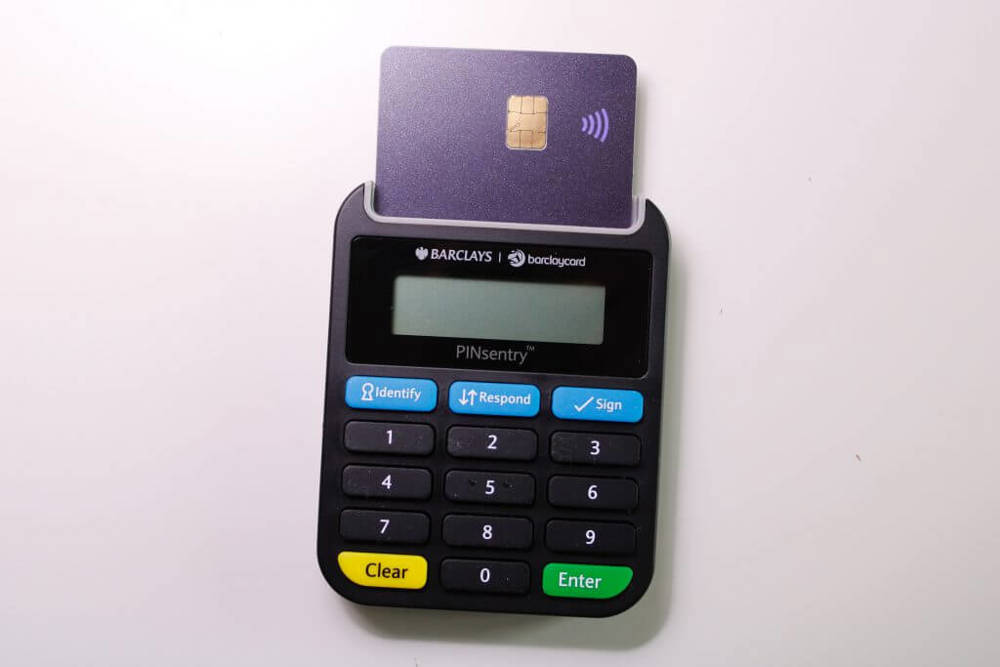Gifting money shows that we care. It can help us make a positive difference when we donate to a beloved charity. Or it can help a loved one get back on their feet after a rough patch. If you’re thinking about making a large gift, there are important considerations you need to think about.
Knowing what options are available means your hard-earned cash will benefit the people and causes you care about, rather than the taxman. We’ll help you understand how the process works for common scenarios. But first, let’s go over some basics to help you make your money go further.
What is inheritance tax and why does it matter?
You might be wondering what this means and how it applies to the amount you can give away if you’re still living. Even if you’ve got years ahead of you, you shouldn’t ignore inheritance tax.
Inheritance tax is a tax on a deceased person’s money, property and possessions, or their ‘estate’. Money in your bank accounts and jewellery also count. Your estate doesn’t include mortgage, other debts or expenses.
Typically, you won’t have to pay inheritance tax if either:
- Your estate’s value is below the £325,000 tax-free threshold
- You’ve left everything else that exceeds the threshold to your spouse or civil partner, a community amateur sports club or a charity.
In most circumstances, you won’t have to pay inheritance tax when you give regular gifts. These can include Mother’s Day or birthday presents as long as they come from your normal taxed income, rather than your savings. We’ll explain more about this later.
What’s considered a gift?
It may seem like a common-sense question, but it’s an important one. According to HM Revenue and Customs (HMRC), a gift is anything that has value including money, possessions or property.
A gift can also be a loss in value during a transfer. This could mean if you sold your car to your relative for £2,000 less than its value, that £2,000 would be a gift.

How much can I give away each year?
The UK Government advises that for each tax year, you are entitled to make gifts totalling £3,000 without having their value added to your estate. This is referred to as your "annual exemption."
For more details about your gift rights and more details about these thresholds please visit the the UK Government website.
Giving money to friends and family
Whether it’s a birthday gift or helping a friend when they need it most, gifting comes from the heart. You may want to give as much as you can but you need to understand the exemptions you’re entitled to.
Here’s a quick overview of how much you can give away without filling the taxman’s pockets:
Tax-free exempted gifts
Each tax year (6 April to 5 April), you may gift money to individuals tax-free as long as the total is less than £3,000. This is your ‘annual exemption’, which rolls over to the next year if the total is not used up in the current tax year.
This means if you gave away £1,000 this year, you would have £2,000 to roll over for a total limit of £5,000 next year. These exemptions also allow you to mix-and-match, even with the same person during the same tax year. This can come in handy for common gifts you’d make throughout the year. For example, in one tax year you could give your daughter money for her civil ceremony and Christmas present.
Here are other examples of how you might use your annual exemption.
Gifts to your spouse or partner
Your spouse or civil partner must live permanently in the UK. There’s also no limit to how much money you can give them during your lifetime.
Gifts to a UK-registered charity
As long as the charity you’re donating to is UK-registered, you can gift as much money as you want. Check that your chosen charity is listed on the GOV.UK website’s charity register before donating.
Wedding and civil ceremony gifts
There are limits to how much you can give your loved ones on their special day. Friends and relatives can gift up to £1,000. Grandparents can gift up to £2,500 per grandchild and parents can give up to £5,000 per child.
Special-occasion gifts
During the tax year, you can use your income to give others money for Christmas and other gifts. However, you must ensure these gifts won’t impact your ability to maintain your standard of living.
Regular payments to help with living costs
There’s no inheritance tax liability should you help loved ones with everyday living costs. This could mean sending a monthly payment to an elderly parent, former partner or child under 18-years-old. Again, there’s no limit to how much money you can give but your gift must not affect your standing of living.
Gifts to museums, universities and other national organisations
Gifting money to these types of bodies is considered ‘gifts for National Purposes’ and are exempt from inheritance tax liability. Check HMRC’s list of qualifying bodies before making your gift.
Other tax-free ways to gift money
Now you should have a good understanding of how much money you can give away under your annual exemption. Any gifts that exceed this will count towards the value of your estate.
Here are other ways you can take advantage of tax-free exemptions when gifting money.
Small cash gifts to individuals
Outside your annual exemption, you can give small cash gifts of up to £250 per person. There’s no limit to how many people you can gift to. Ensure that you’ve not already included a recipient in your annual exemption, otherwise it will count.

The seven-year rule
If you’d like to be extra generous with your money, you could make use of potentially exempt transfers (PETs). There’s no limit to the value of your gift with a PET – even if your gifts exceed your tax-free exemption. But, this is where things get a little more complicated. The ‘potentially’ part of the exemption only applies while you’re still alive.
So, the seven-year rule states that to avoid paying tax:
- You need to live for seven or more years after giving the original gift
- You must make the gift to a person, not a trust or a business
If you die within seven years of giving the gift, the PET counts towards the value of your estate as it’s considered a Chargeable Consideration. Inheritance tax is then taxed on a sliding scale called ‘taper relief’. How much tax is paid depends on when you die in relation to when you gave the gift:
- Less than three years: 40% tax paid
- Three to four years: 32% tax paid
- Four to five years: 24% tax paid
- Five to six years: 16% tax paid
- Six to seven years: 8% tax paid
Inheritance tax must be paid on the total value of the gift(s) by the recipient or the representative of your estate.
There are exemptions to inheritance tax if you work in a hazardous role. These include police, paramedics, armed forces, firefighters and humanitarian aid workers. You’re also covered by this exemption even if you’re no longer on active service.

When you may need help from a professional
There are many considerations to make when you choose to give away money to your friends and family. If you’re thinking about gifting a large amount or think you may be liable to pay inheritance tax, you should seek professional advice.
However good your intentions, sometimes your actions can backfire. Consider the following before you reach for your wallet:
- It may affect your relationships: A simple act of kindness could cause a rift between you and those you care about if others feel left out.
- Tax rules can change: Don’t get caught out by the taxman. Always check whether the exemptions you’re entitled to are still valid or have changed within the tax year.
- Give only what you can afford: Regular money gifts such as birthday presents must come from your excess, taxed income. Complex rules dictate that you must be able to fund said gifts without impacting your current standard of living. If in doubt, seek advice.
- There’s no ‘undo’ button: Sleep on it. Once you give money to a person or charity, there’s no going back.
- Is it a loan or a gift: Be clear about your expectations when gifting money to friends and family. Your recipient may not always honour the deal and third-parties may get involved. Get it in writing to avoid future disputes.
A financial advisor can work with you to find the best solutions for your circumstances. They’ll break down complex rules and help you consider your options. With their support, you’ll be able to make a sound plan of how you can gift to charities, friends and loved ones without the danger of tax liabilities. They can also help you:
- Find the most tax-efficient way to gift money
- Ensure gifts given aren’t coming from your savings
- Help you form a paper trail to ensure you’re compliant
- Determine whether gifting will affect your current standard of living
- Keep records of your gifts, including recipients, amounts and dates

How we can help you connect to an expert
Speaking to an advisor can help you make the most of your money and we can help you get the guidance you need. Our free service connects you with a local expert in a few clicks. Here’s how it works:
Step 1: Explain what you need help with
We’ll use the information you give us to select a local expert that has the right expertise for your needs. Once we find your financial advisor match, we’ll pass on your contact details.
Step 2: Meet your FCA-regulated advisor
Your expert will be in touch soon for a quick chat and to learn more about your circumstances. They’ll also invite you for a free consultation to discuss your needs in more detail.
Step 3: Enjoy your free, no-obligation consultation
This informal chat helps you and your expert get to know each other better. They’ll explain your options, their services and whether they think financial advice is right for you. And, if they can’t help, they’ll offer free guidance to help you find your way.
Step 4: Share your feedback
Our friendly customer experience team will be in touch to see how you got on with your advisor. We guarantee your satisfaction, so if they didn’t meet your expectations we’ll connect you to another expert.
Connect to your local expert now. Click the button below to get started and we’ll do the rest!



